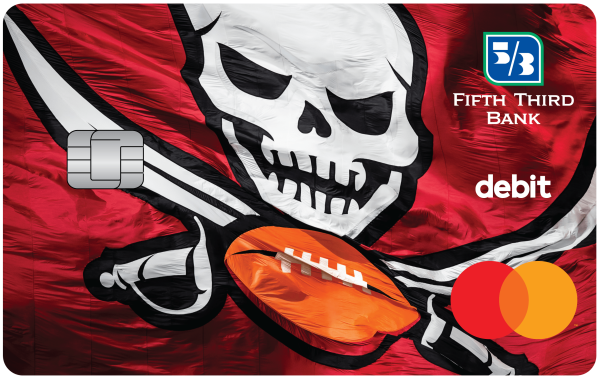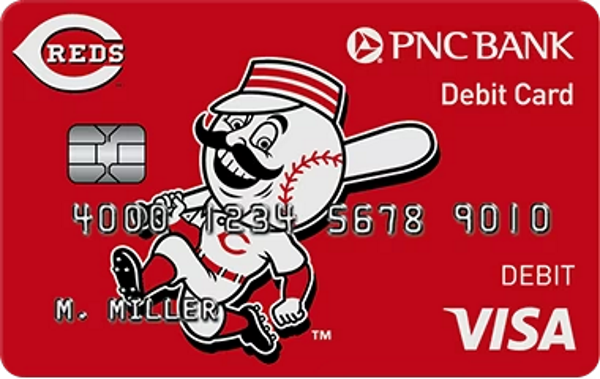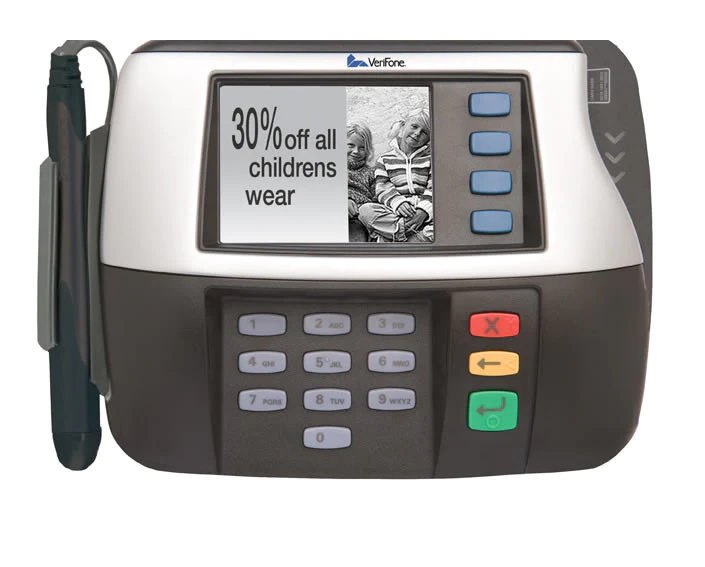
Some people imagine credit card debt forgiveness as follows: your debt is completely erased, and you live happily ever after with no consequences. That would be incredible.
To be clear, debt forgiveness exists, and you can settle your debt for less than what you owe.
However, getting it wholly erased is uncommon and usually necessitates drastic measures such as bankruptcy.
However, the harsh reality falls somewhere between “totally erased” and “no consequences.”
Please continue reading to learn everything you need to know about debt forgiveness and what it means for your credit score and wallet.
Join the Accepted Platinum Credit Card Rewards Program!
Table of Contents
What Is Credit Card Debt Forgiveness?
When a credit card company does not require you to repay your entire outstanding balance, this is known as credit card debt forgiveness.
It is possible under certain circumstances, but you must always give up something in order to obtain it.
Credit card debt forgiveness is based on the idea that if creditors can’t collect the total amount owed in a reasonable amount of time, they may decide that something is better than nothing and forgive the rest.
On the other hand, debt collectors will only forgive debts in extreme cases, usually after several missed minimum payments. As a result, it’s more about your creditor making the most of a bad situation.
How Credit Card Debt Forgiveness Works?
You contact the company that currently owns the debt you owe or someone you’ve authorized to do so on your behalf.
This could be the original credit card company or a debt collector who purchased your debt at a low price.
You agree to pay a portion of what you owe in exchange for a settlement offer. Other terms, such as an agreement to re-age your account or a pay-for-delete arrangement, may also be included.
They discharge the balance once they receive the funds. To put it another way, they forgive any outstanding debt.
Benefits And Drawbacks Of Debt Forgiveness
Paying off debt can be a long process unless you’re fortunate enough to come into a large sum of money.
If you’re thinking about asking for credit card debt forgiveness to help you manage your debt, you should first consider the benefits and drawbacks of this approach.
Benefits Of Debt Forgiveness
- Avoiding bankruptcy: Debt forgiveness can assist you in avoiding bankruptcy. Not only can bankruptcy affect your credit for seven to ten years, but the fees and costs associated with it can be costly. If you have a bankruptcy on your credit history, it may be challenging to qualify for lines of credit in the future, or at least until it is removed from your credit report.
- Pay less on your debt: Depending on which debt forgiveness program you qualify for, you may be able to pay a much lower rate of your debt than you owed initially. This may save you more money and provide much-needed financial relief in the long run.
- Debt repayment in less time: Depending on the type of debt forgiveness program you qualify for, this approach to debt repayment may allow you to reduce or even eliminate your debt in far less time than you had anticipated. Paying off your debts in a shorter period may also save you money.
Join the Accepted Platinum Credit Card Rewards Program!
Drawbacks Of Debt Forgiveness
- Tax implications: You’ll have to pay income taxes on forgiven debts in most cases. Let’s say you owe $7,500 on your credit card and agree to settle for $5,000 in cash. You would receive a 1099-C tax form for the $2,500 forgiven debt in this case.
- Debt settlement programs frequently charge upfront fees or require a monthly subscription.
- Debt forgiveness may not help you get out of debt if you don’t change your spending habits. You must learn to spend less than you earn and never borrow more than you can afford to repay in order to benefit from lower payments or a completely clean slate brought on by debt forgiveness.
- Impact on credit history: Debt forgiveness of any kind will hurt your credit score. Filing for bankruptcy, forgiving credit card debt, and pursuing a short sale for your home are all options. On the other hand, student loan forgiveness programs will not hurt your credit score.
- Time-consuming paperwork: Obtaining debt forgiveness usually takes time and effort, such as calling all of your creditors and attempting to reach an agreement independently. It will also take time and perseverance to enroll in formal debt forgiveness programs or a debt settlement company.
How Credit Card Debt Forgiveness Affects Your Credit
Beginning with the date of delinquency, a debt collection account remains on your credit report for seven years.
Worse yet, the credit card company that sold your debt to the collection agency may be reporting your account as charged off as well.
Obviously, all of this has a negative impact on your credit score. When you’re in debt, however, you need to choose a solution that not only stops the bleeding but also helps you get back on your feet.
There is no such thing as a free lunch when it comes to credit. However, you can rest assured that your score will begin to improve well before the seven-year period is up. Negative items on your credit report have less impact on your credit score after two years.
Related Question And Answer
Is credit card debt forgiven after 10 years?
Unpaid credit card debt, on the other hand, is not forgiven after 7 years. You could still be sued for unpaid credit card debt after 7 years, and depending on your state’s statute of limitations, you may or may not be able to use the debt’s age as a defense. It lasts between 3 and 10 years in most states.
Can I walk away from credit card debt?
What Happens If You Don’t Pay Your Credit Card Bills? The credit bureaus will be notified of your missed payments. Your account will be closed after 90 days of non-payment, and you will no longer be able to make charges on the card. Your account will be sold to a collection agency if you continue to fail to pay.
What percentage will credit card companies settle for?
Depending on whether you’re dealing with a debt collector or the original creditor, a creditor will usually agree to accept 40% to 50% of the debt you owe, though it could be as much as 80%. In either case, your initial lump-sum offer should be well below 40% to 50% of the total to leave room for negotiation.
Is it true that after 7 years your credit is clear?
Even though debts remain on your credit report after seven years, having them removed can help your credit score. Only negative information on your credit report is removed after seven years. Positive accounts that have been open for a long time will remain on your credit report indefinitely.
How long before a debt becomes uncollectible?
Consumer debt has a four-year statute of limitations in California. This means that a creditor can’t win in court after four years, effectively rendering the debt uncollectible.
How can I pay off my debt when broke? 10 Ways to Pay Off Debt When You’re Broke
- Create a Budget.
- Broke or Overspent?
- Put Together a Plan.
- Stop Creating Debt.
- Look for Ways to Cut Your Expenses.
- Increase Your Income.
- Ask for a Lower Interest Rate.
- Pay on Time and Avoid Fees.
How much should you offer to settle a credit card debt?
Offer a specific dollar amount equal to about 30% of your current account balance. A higher percentage or dollar amount will almost certainly be countered by the lender. If a payment of more than 50% is suggested, consider negotiating with a different creditor or simply saving the money to help pay future monthly bills.
Does settling a debt hurt credit?
While paying off an account will not have as much of an impact on your credit as not paying at all, a settled status on your credit report is still considered negative. When you settle a debt, it means you’ve worked out a deal with the lender and they’ve agreed to accept less than the full amount owed as the account’s final payment.
Is a debt written off after 6 years?
If you’re liable for most debts, your creditor must take action against you within a certain time frame. The time limit for most debts is six years since you last wrote to them or made a payment. Mortgage debts have a longer time limit.
Can a credit card company sue you for unsecured debt?
When you open a credit card account, you are taking on an unsecured debt. Unsecured debts include medical bills, student loans, and personal loans, among others. Banks and credit card companies, on the other hand, will sue them, especially since the costs of the lawsuit can be recovered in a judgment.
How do I get out of credit card debt without ruining my credit? What Can I Do to Avoid Falling into Debt?
- Keep balances low to avoid additional interest.
- Pay your bills on time.
- Manage credit cards responsibly. This maintains a history of your credit report. …
- Avoid moving around debt. Instead, try to pay it off.
- Don’t open several new credit cards to increase your available credit.
How can I get out of debt without paying?
Suppose you can ask for a raise at work or switch to a higher-paying position. Get a second job. Start selling valuable items, such as furniture or expensive jewelry, to pay off the debt. Request assistance: Inquire with your creditors and lenders about reducing your monthly payment, interest rate, or both.
Bottom Line
You still have options if you’re in too much credit card debt to make your monthly payments and your other bills are falling behind. In this situation, the best advice is to plan ahead of time.
While timing is essential with some debt forgiveness options, the sooner you plan your strategy, the better your chances of paying off your credit cards.
Just don’t expect to have a lot of debt forgiven. Act as if you’ll have to repay the entire amount while still attempting to get a portion of it forgiven.



